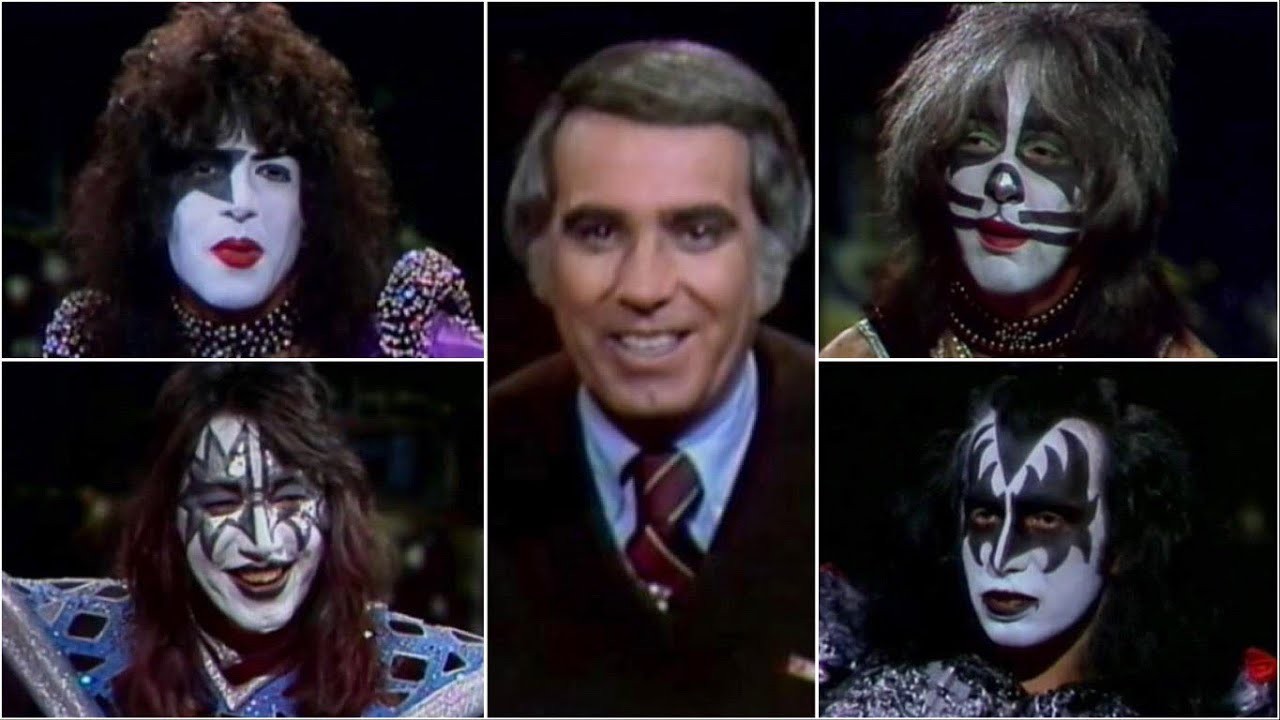
Former Kiss guitarist Ace Frehley has revealed the chaotic backstory behind one of rock's most memorable television appearances - the band's legendary 1979 interview on The Tomorrow Show with Tom Snyder.
Speaking candidly about that fateful Halloween night, Frehley admitted he was heavily under the influence during the broadcast. "I was nervous as hell," he recalled. "I drank half a pint of vodka and did some cocaine to wake up."
The interview quickly became notorious as Frehley repeatedly derailed the conversation with wisecracks and outrageous behavior, including howling and playing with teddy bears. While bandmates Gene Simmons and Paul Stanley attempted to maintain composure and discuss the band's success seriously, Frehley stole the spotlight with his unscripted antics.
"When I was on, nobody was funnier than me," Frehley said. "Paul and Gene would try to compete but always fail." He particularly remembered making an impromptu joke about being a plumber that caught host Snyder's attention. "I didn't plan that - it just flew into my head, probably because of all the substances."
While many believed Simmons and Stanley were furious about Frehley's behavior that night, the guitarist offers a different perspective. "Watching it recently, I noticed that toward the end, they started joining in with my insanity," he said. "Tom was in love with me. He was so surprised that I was such a maniac and funny guy."
The interview has often been viewed as foreshadowing Kiss's eventual breakup, as Peter Criss departed in 1980 followed by Frehley in 1982. However, Frehley disputes this interpretation. "I quit Kiss because I realized I was more creative away from those guys. The show just demonstrated how different our four personalities were."
Now sober for 18 years, Frehley reflects on that era with clarity. "That's who we were at the time," he said. "I've changed a lot, though I'm still just as funny - even if I don't get loaded anymore."
The Tomorrow Show appearance remains one of rock's most memorable television moments, capturing both the excess and internal dynamics of Kiss at their commercial peak.